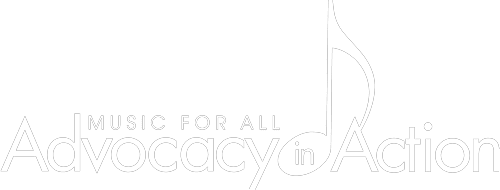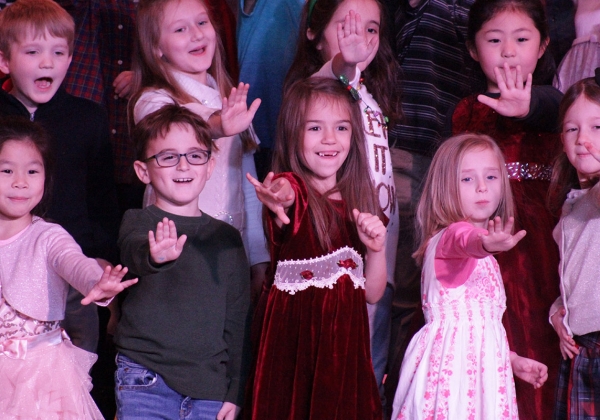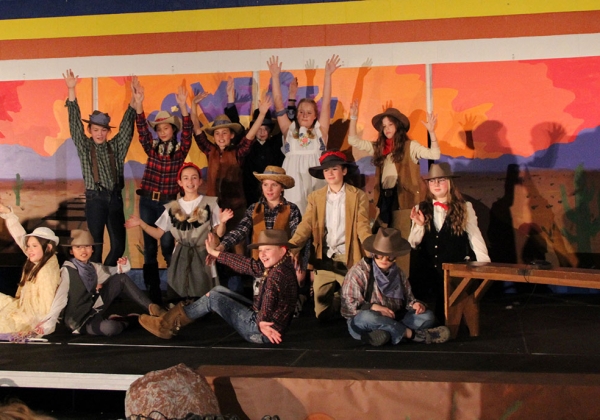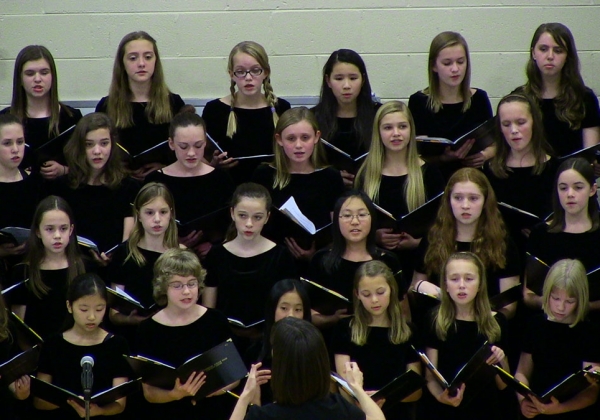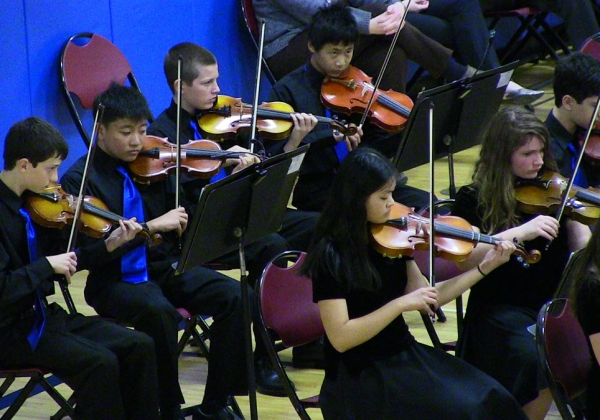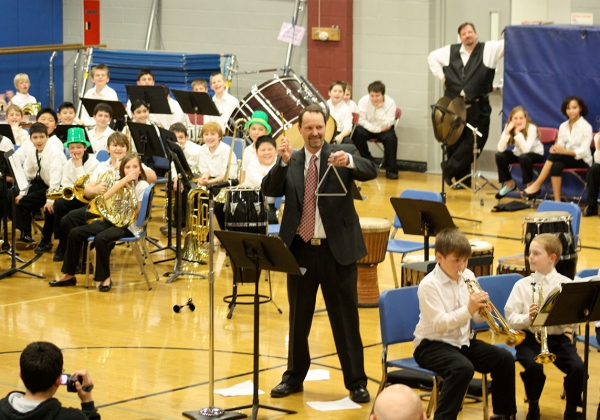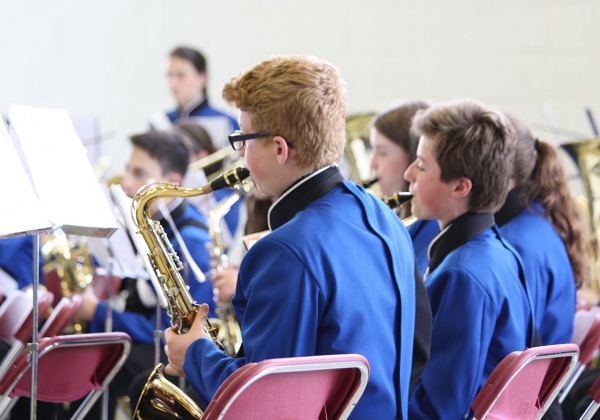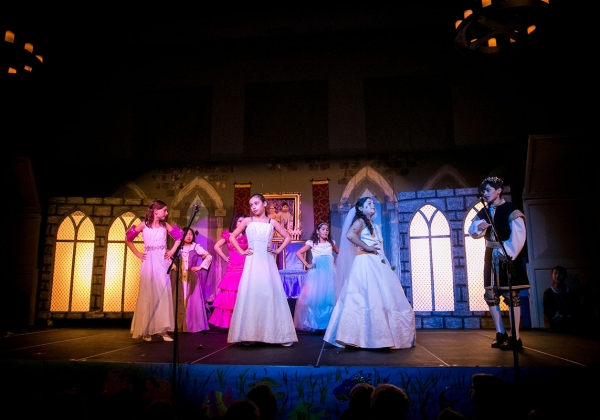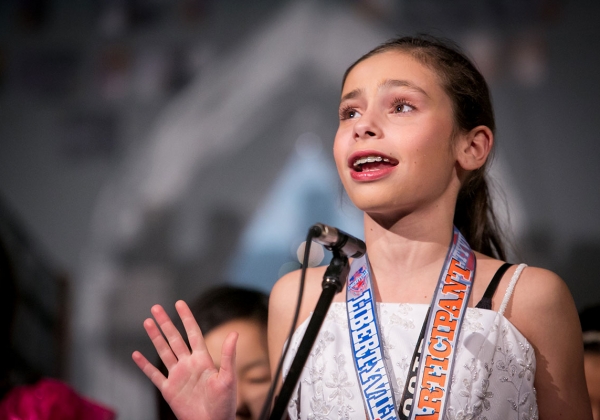Success through Collaboration
Northbrook Jr. High School, IL
1475 Maple Avenue, Northbrook, IL, USAAward: Bronze, 2019
Project Description
Music education in Northbrook School District 28 (Northbrook, IL) has enjoyed tremendous support for as long as anyone can remember. Over the last twenty years in particular, this embedded view of music as an essential part of a child’s education has become a cornerstone of the school district.
The story we’d like to share is how the culture of respect and support between administration and the music educators in District 28 benefits students, and contributes to thriving music programs. It is the constant nurturing of this collaborative relationship that is a hallmark of Northbrook School District 28, and is accomplished through active efforts from both administrators and music educators.
In practical terms, the success of this relationship relies on a proactive faculty and a responsive administration. The music faculty have successfully advocated for positions on key district standing committees, such as the district compensation committee, superintendent’s advisory forum, building-level “climate & culture” committees, and technology-related committees. The music faculty also step forward to participate regularly on ad hoc committees that relate to curriculum and educational practices. Participation in these various ways is by no means required; the music faculty believe that they need to be “at the table” in order to be a part of decisions that could affect the music programs.
The administration in Northbrook District 28 are continually responsive to the needs of the various music programs, taking steps to support the faculty in creating the best environment for music education possible. In the same way the music faculty are proactive in their participation in committees and decision-making groups, the Northbrook District 28 administration are always cognizant of opportunities to include the music faculty in these groups. They maintain the perspective that these music educators serve a broad spectrum of the student body, are integral to the education of these children, and to the overall culture of learning in the district.
Beyond internal interactions, the District 28 administration act strategically to maintain a visible public presence in support of the music programs. For example, two administrators (principals, central office administrators, or superintendent) attend every concert for the performing groups (band, choir, orchestra). The administration participates regularly and actively in booster meetings, and principals are involved in music productions at the elementary level.
As a music faculty, we work to set our administrators up for success. This year, our orchestra team had need for an additional staff member based on enrollment trends. Our superintendent is supportive and understanding, and willing to facilitate this addition with the Board of Education. Providing the superintendent with the proper data, including student/teacher ratios for band and orchestra and enrollment trends for the last twenty years. This allowed him to approach the Board fully prepared to speak to the needs of the music department from a factual and historical perspective.
This “project” is infused in how we interact, how we operate as a faculty and administration. The benefits extend beyond these two groups, resonating into the larger educational community of Northbrook District 28!
Target Audience
In a larger sense, the students, parents, and community could be considered a target audience. A well-functioning professional relationship between educators and administrators bestows benefits to all the constituents of our music programs.
Community Impact
Specific Budget Breakdown
New or recurring project?
RecurringHow did you update/change this project from its previous occurrence?
* The district is moving to 1-1 iPad deployment, and opened applications for a “Teacher Tech Leaders” to assist staff in the transition and act as models for best practices in infusing tech into teaching and learning. The initial plan had been for two positions at each school, with no particular slot to serve the music faculty that travel to each school in the district. Through a proposal and collaborative discussion, an additional Teacher Tech Leader position was added to serve the instrumental music faculty and address the particular needs facing students in the music programs.
* The district is in the process of shifting to standards-based learning, grading, and reporting. The district-level steering committee included participation by representatives from the band and orchestra teams.
Measurement of the success/effectiveness of this project?
That said, we do, as a music faculty, have an awareness of the strength of the relationship between administrators and the music program. We respond to perceived weaknesses in the collaboration, such as seeking participation on new committees even when specific positions are not designated for the music faculty.
